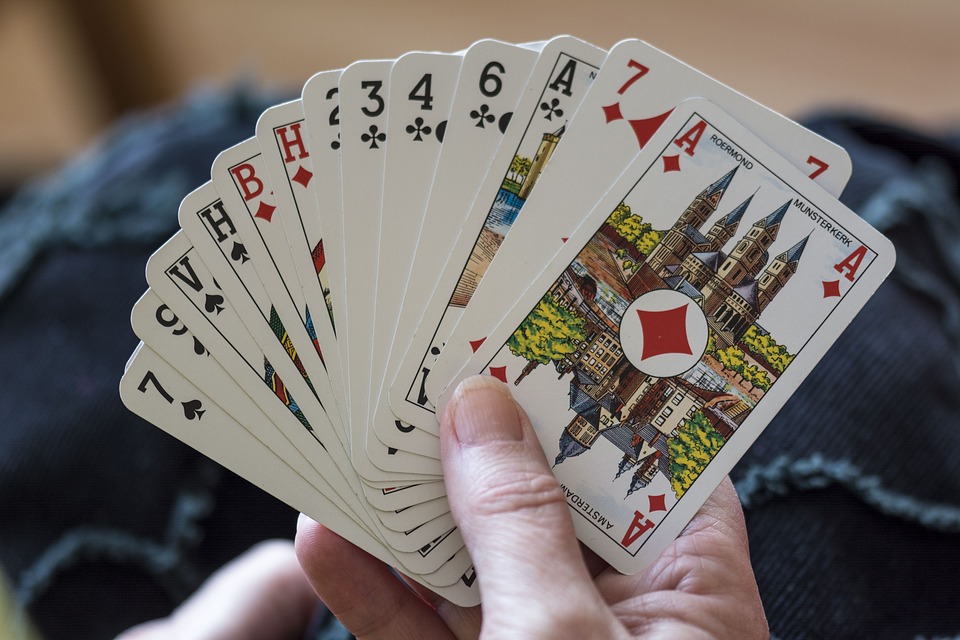
Whether you’re playing with your 90 year old grandmother or your five year old nephew, whist is one of those games that is a fit for every situation. The game was invented way back in the 1700s, and forms the basis for a whole variety of more complex trick-taking games, including hearts and even bridge.
The simplicity of the game in its most basic form can make things a little repetitive, but by playing contract whist, you add a dimension that brings a whole new level of strategy.
Whist basics
The game can be played between any number of players, and with any number of cards, although the seven-card hand is the most common variant. Sites like Cool Old Games are a great resource for the finer points, but here’s a quick run down of the basics. Players take it in turn to lead by laying the card of their choice. Each subsequent player must play a card of the same suit if he or she has one. If not, the player can either play a trump, which will automatically beat the leading suit, or discard a card from an alternate suit. The trick is won by the player who played the highest trump, or if no trumps were laid, the highest card of the leading suit. Whoever wins the trick then has control and chooses with which card to lead the next trick.
Contract whist
In basic whist, hearts are trumps and it’s a case of whoever wins the most hands being declared the winner. Contract whist adds two key dimensions to gameplay. The first is that when the cards have been dealt, each player must predict how many tricks he or she will win in the hand. The second is that whoever predicts the largest number gets to choose which suit will be trumps. In the event of multiple people saying the same number, they each cut the deck at random, and whoever reveals the highest card gets to choose.
Clearly, this presents some interesting dimensions. If you have a several cards of a single suit, you might be confident you can win three or four tricks – but only if that suit is trumps. Say three, and you might be outbid. Alternatively, some hands result in everyone “shooting low” and you find yourself in a position where players are leading with low cards to avoid winning more tricks than their prediction, or “contract.”
Scoring and added variations
Typically, the players will agree in advance how many hands will be played. In each hand, the player scores a point for every trick, plus a ten-point bonus for successfully meeting his contract. This gives the opportunity for a “defensive” strategy, in which you might consistently aim at a contract of one or two, stay out of battles to dictate trumps, and essentially keep your head down, looking to consistently win your contracts.
A fun variation is to play each hand with a different number of cards, from three to 10. Each player takes it in turns to decide, starting on the dealer’s left, and regardless of who won the last hand.
If you thought whist was a little basic, give contract whist a go. You’ll find it breathes new life into this classic game.